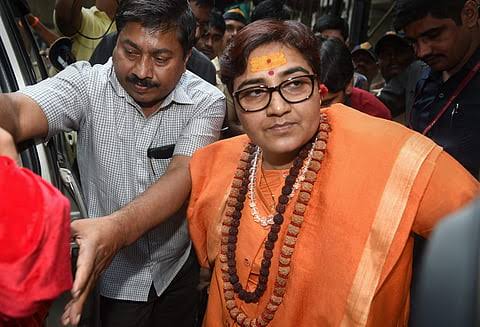
The National Investigation Agency (NIA) has urged a special court in Mumbai to impose the maximum punishment, including death penalty under Section 16 of the Unlawful Activities (Prevention) Act (UAPA), on all seven accused in the 2008 Malegaon bomb blast case. This marks a dramatic reversal from the agency’s earlier position regarding BJP leader and former MP Sadhvi Pragya Singh Thakur and other defendants.
On Monday, the prosecution submitted its final written arguments spanning 1,389 pages, meticulously detailing the facts and circumstances of the case. The special NIA court, presided over by Judge AK Lahoti, has reserved its judgment, with the verdict scheduled to be pronounced on May 8, 2025.
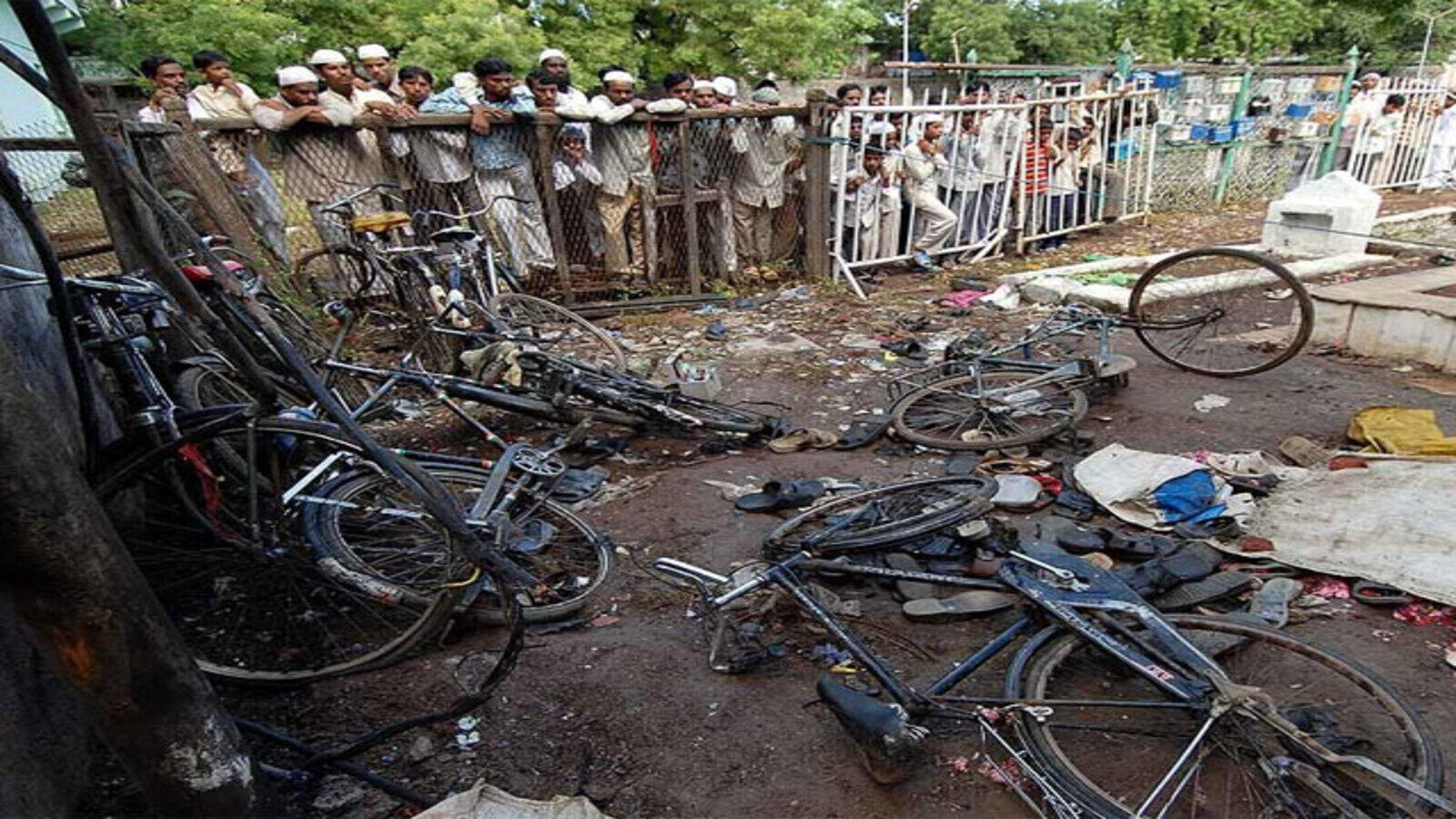
The case involves a blast that occurred on September 29, 2008, when an explosive device strapped to a motorcycle detonated in the communally sensitive town of Malegaon in Nashik district. The explosion killed six Muslims and injured over 100 others. The investigation has dragged on for nearly 17 years.
Besides Sadhvi Pragya, the other accused include Lieutenant Colonel Prasad Purohit, Sudhakar Diwedi, retired Major Ramesh Upadhyay, Ajay Rahirkar, Sudhakar Chaturvedi, and Sameer Kulkarni. All are currently out on bail and stand accused of plotting and executing the blast as part of a wider conspiracy linked to Hindutva ideology.
The NIA’s current stance represents a significant shift from its previous efforts to get Sadhvi Pragya discharged based on claims of insufficient evidence. Now, the agency is arguing that “defected witnesses cannot be considered credible, and their late retractions should not benefit the accused.” During the trial, the prosecution examined 323 witnesses, though 34 later turned hostile.
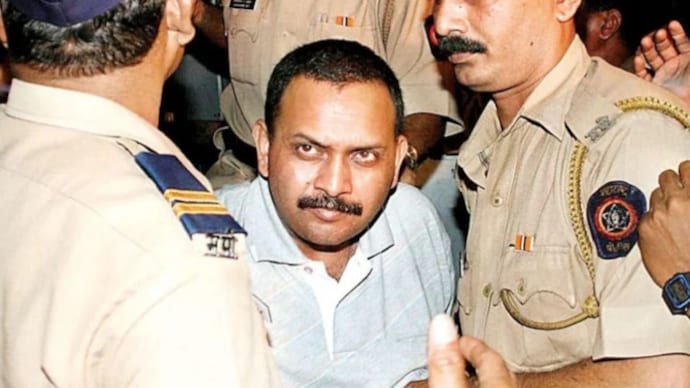
“The agency has appealed for the strictest punishment for the accused, citing Section 16 of the UAPA. If any terrorist activity results in death, the guilty can be sentenced to death,” said Shahid Nadeem, a lawyer from Jamiat Ulema Maharashtra’s Legal Cell, who has been fighting the case on behalf of the victims.
Jamiat’s senior lawyer Sharif Sheikh also emphasized the evidence against Sadhvi Pragya: “She took part in conspiracy meetings and her motorbike, an LML Freedom, was used to plant the bomb. This alone shows her clear involvement,” he said.
The case has faced allegations of political interference. Former special public prosecutor Rohini Salian had previously stated, “After the new government came to power, I was asked to go soft against Sadhvi Pragya and others. I refused to do so. That’s why I had to step away.”
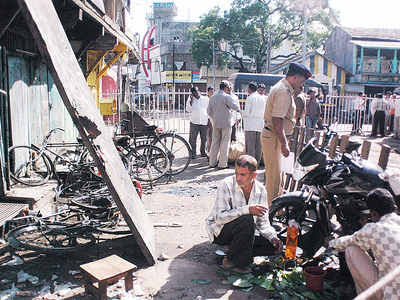
The Malegaon blast was one of the first terror incidents where right-wing Hindutva groups were named as suspects. The case was initially investigated by Maharashtra’s Anti-Terrorism Squad before being transferred to the NIA in 2011, which subsequently filed a chargesheet in 2016.
“The sudden change in NIA’s stand is telling. It may be late, but justice for the victims should not be further delayed,” said senior advocate and human rights defender Aslam Shaikh.
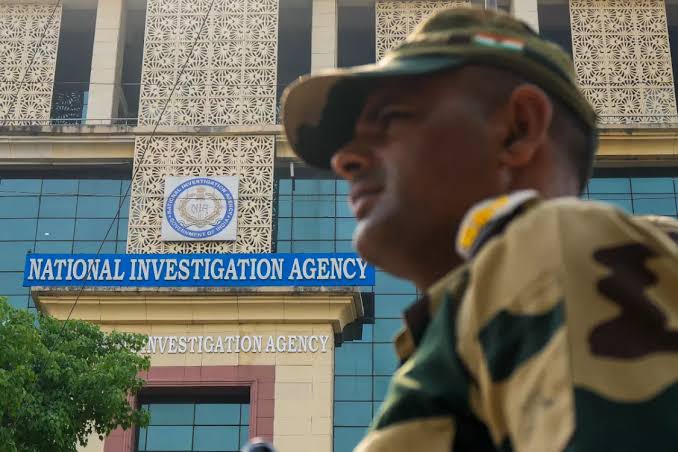
The victims’ families continue to hope for justice. “We lost our loved ones. All we ask is justice. We hope the court gives the punishment they deserve,” said a relative of one of the victims.



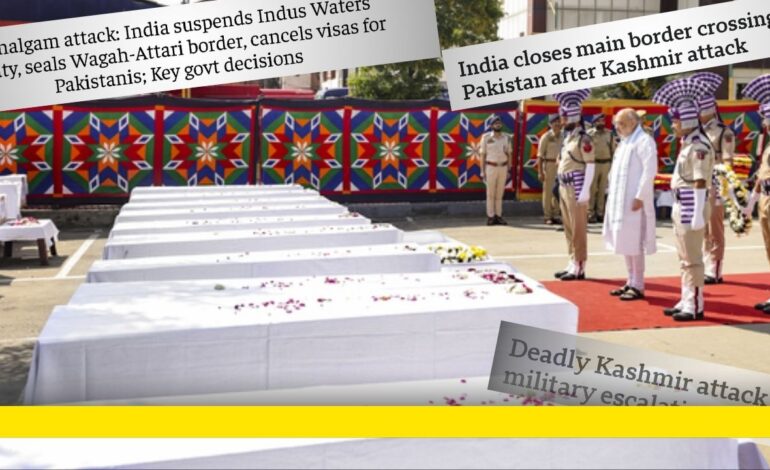
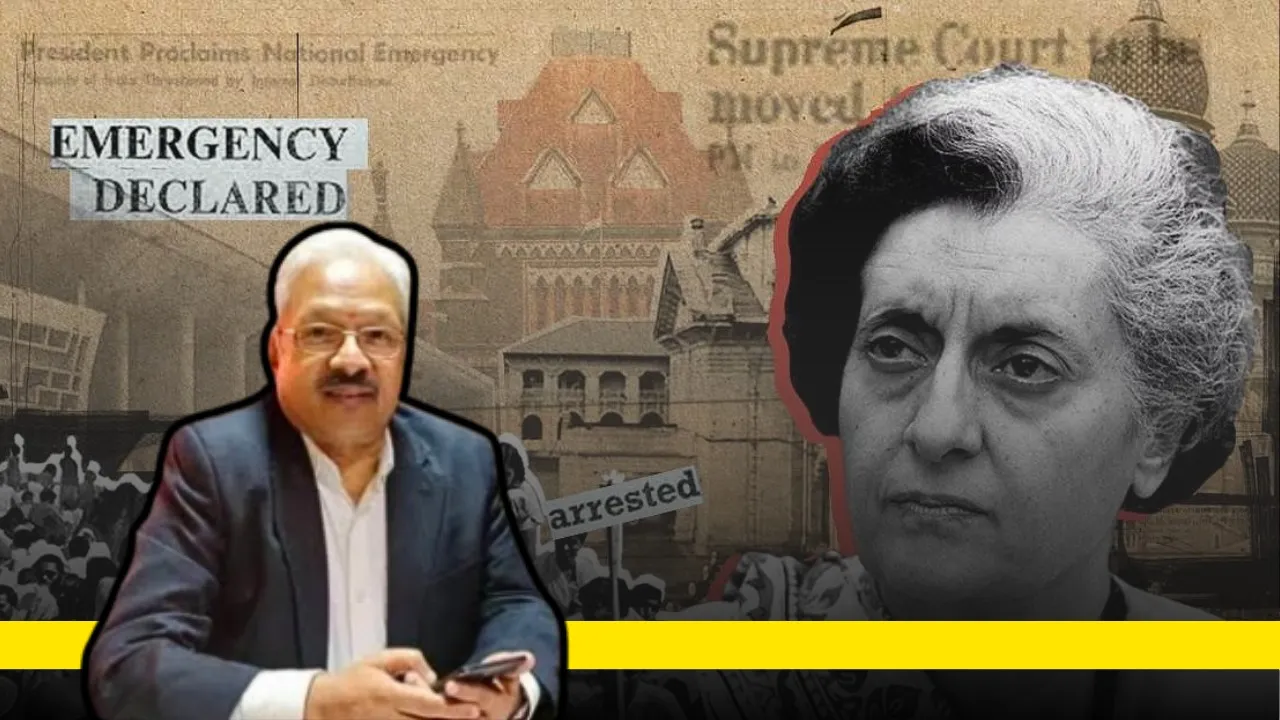
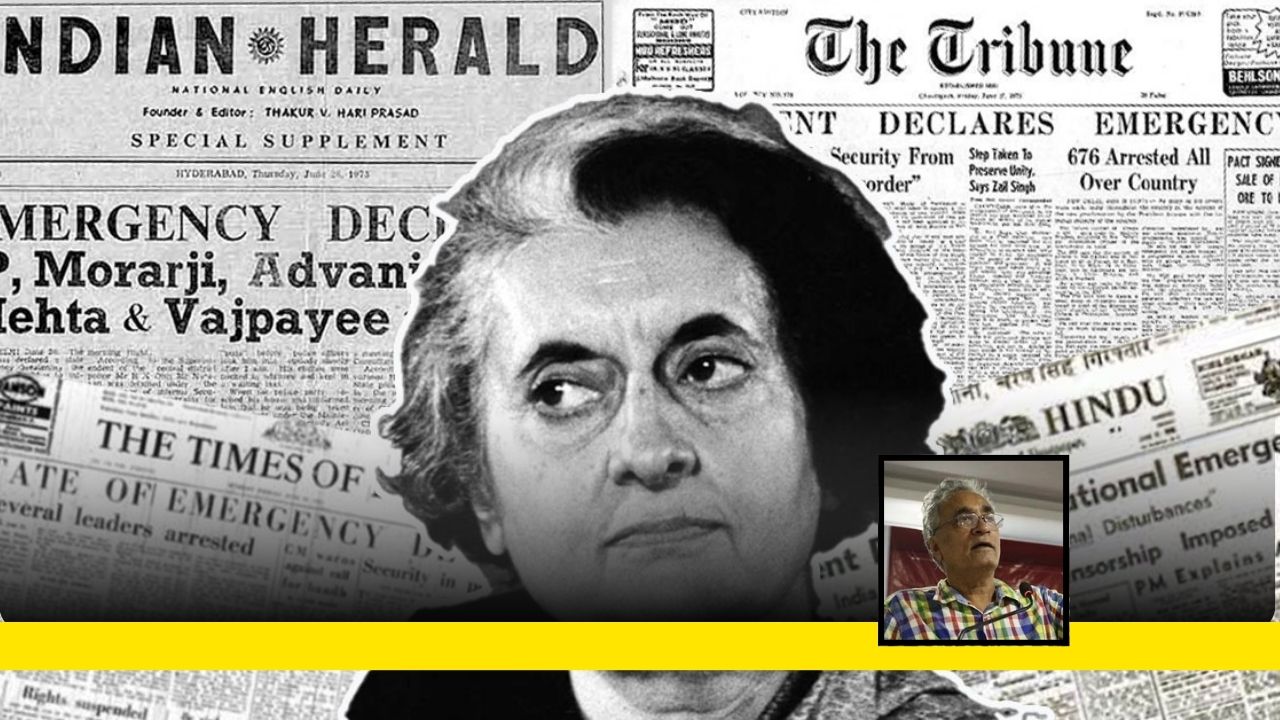
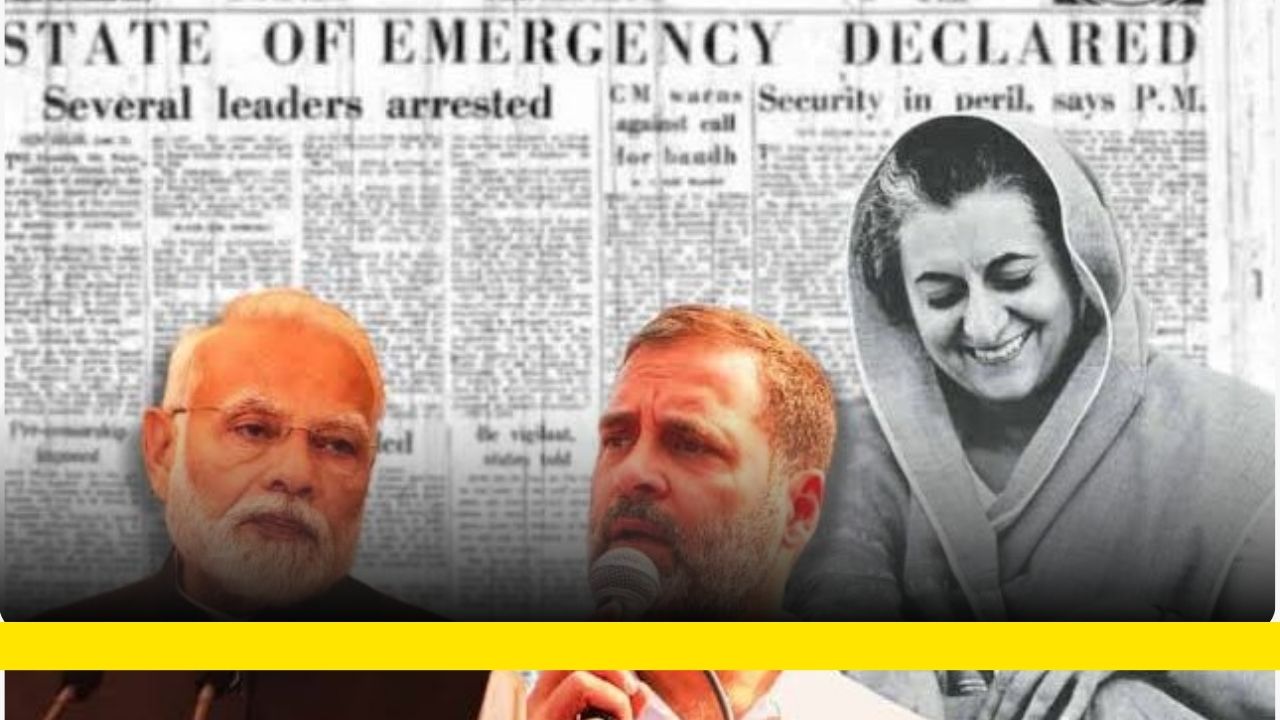
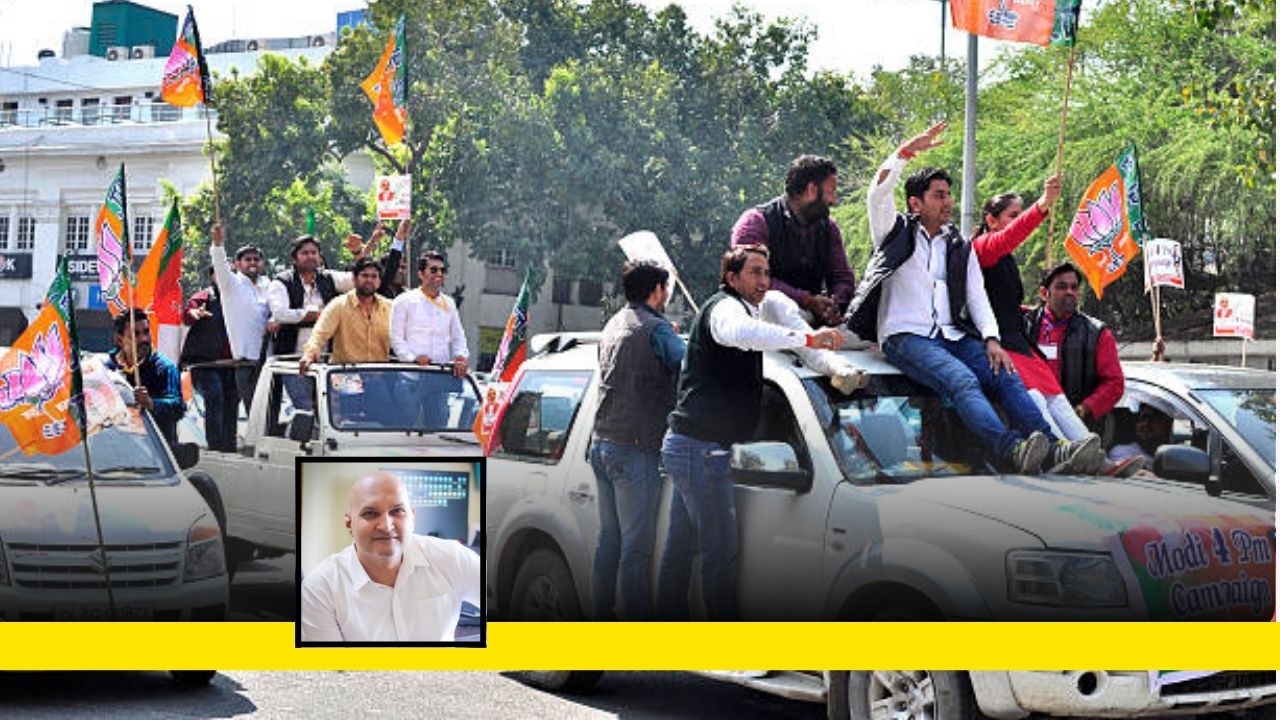


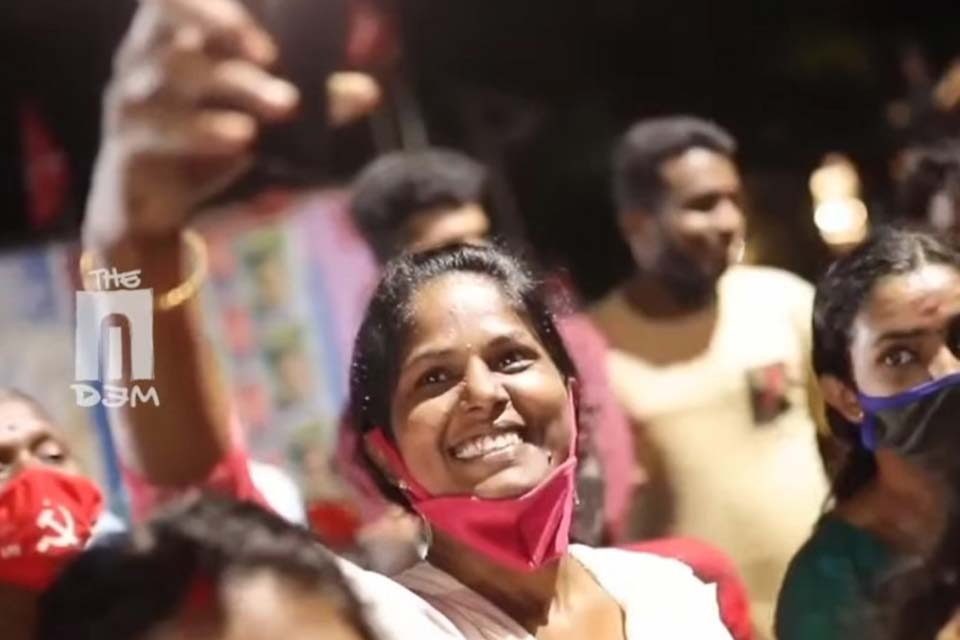

Umar khaid is more effective
Perhaps the prosecution feels that they will not be able to meet death sentence standards . In any case we are opposed to the death penalty. It is better that she gets life.